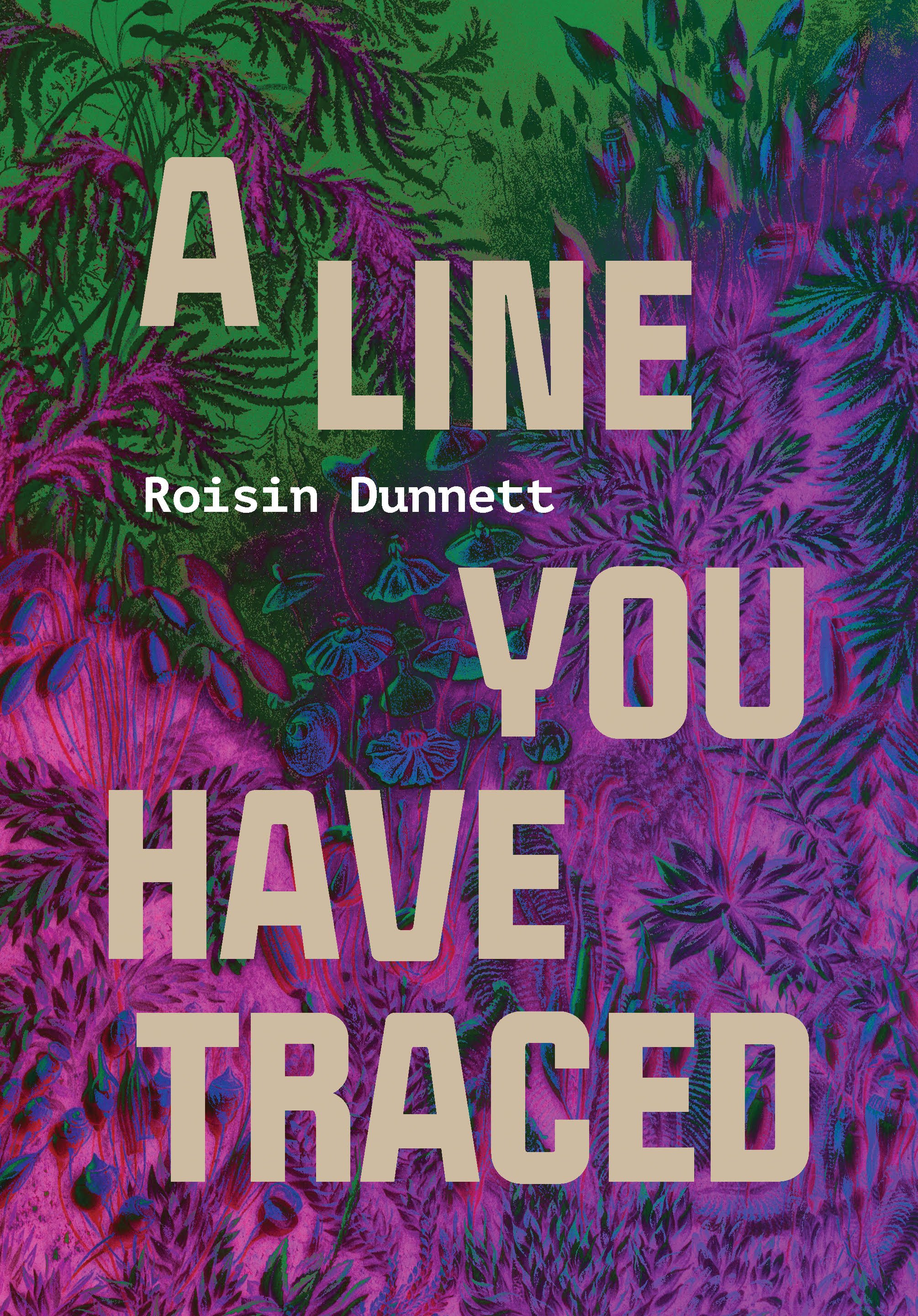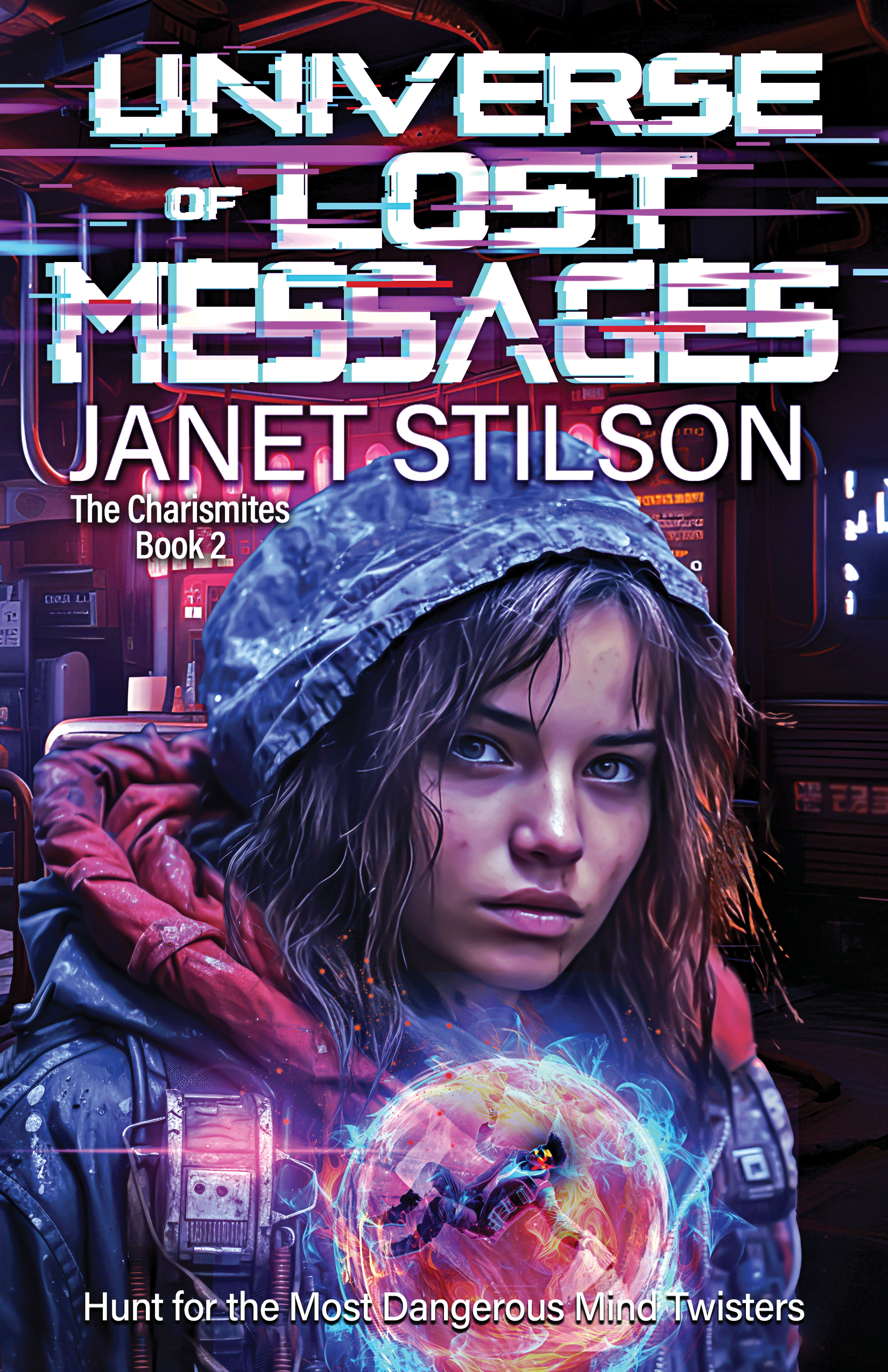 The story connects in many ways to its predecessor, 2020’s The Death of the Cyborg Oracle, but stands on its own as a wild, conceptual, playfully written ride. And though hints of Philip K. Dick, J.G. Ballard, and Aldous Huxley abound, it is utterly original—principally because its world is neither utopian, nor dystopian, but somewhere uniquely in between.
The story connects in many ways to its predecessor, 2020’s The Death of the Cyborg Oracle, but stands on its own as a wild, conceptual, playfully written ride. And though hints of Philip K. Dick, J.G. Ballard, and Aldous Huxley abound, it is utterly original—principally because its world is neither utopian, nor dystopian, but somewhere uniquely in between.
Category: Speculative Fiction Review
A review of Cyborg Fever by Laurie Sheck
 Cyborg Fever is a hallucinatory universe of detached disembodied voices and isolated monads – leptons, bosons, black holes, and human beings — forever striving for a ‘unified field’ but forever defeated by entropy and the forces of dissolution, vast emptiness, and disarray.
Cyborg Fever is a hallucinatory universe of detached disembodied voices and isolated monads – leptons, bosons, black holes, and human beings — forever striving for a ‘unified field’ but forever defeated by entropy and the forces of dissolution, vast emptiness, and disarray.
A review of A Line You Have Traced by Roisin Dunnett
 In a future where drones diagnose humans, parakeets freely soar, and bananas are a rare delicacy, the idea of altering past events and shaping a better future for everyone captivates the reader. Ess, a member of a network preparing for the end of human life on earth, is primed to travel into the past to help save the present, quietly battling the novel’s villain: the dark side of our collective humanity and the ghosts of what might have been.
In a future where drones diagnose humans, parakeets freely soar, and bananas are a rare delicacy, the idea of altering past events and shaping a better future for everyone captivates the reader. Ess, a member of a network preparing for the end of human life on earth, is primed to travel into the past to help save the present, quietly battling the novel’s villain: the dark side of our collective humanity and the ghosts of what might have been.
A review of The Universe of Lost Messages by Janet Stilton
 The plot follows a conspiracy by an organisation called the Fist seeking to harness their charm for nefarious ends. The mad storyline twists and turns so much that Stilson feels the need to explicate every detail.
The plot follows a conspiracy by an organisation called the Fist seeking to harness their charm for nefarious ends. The mad storyline twists and turns so much that Stilson feels the need to explicate every detail.
A review of Tiger Cage by Max Brooks
 Brooks is still the master of creating a convincing if fantastical world through the eyes of a minor participant. In broad strokes, he paints a compelling picture of a war-torn Los Angeles, particularly Hollywood, an area he has extensive knowledge of as the child of Mel Brooks and Anne Bancroft.
Brooks is still the master of creating a convincing if fantastical world through the eyes of a minor participant. In broad strokes, he paints a compelling picture of a war-torn Los Angeles, particularly Hollywood, an area he has extensive knowledge of as the child of Mel Brooks and Anne Bancroft.
A review of Vanished Earth by Geoff Nelder
 Nelder’s world building is excellent and his scientific capability is very clear. Everything flows smoothly and makes perfect sense, even when it involves the wryly sardonic artificial intelligence, Can, whose witty missives are no longer quite as futuristic as it was in books 1-3 given the speed at which AI is developing, quantum displacement technology (the “pinch”), or turbojets that are able to descend into Jupiter.
Nelder’s world building is excellent and his scientific capability is very clear. Everything flows smoothly and makes perfect sense, even when it involves the wryly sardonic artificial intelligence, Can, whose witty missives are no longer quite as futuristic as it was in books 1-3 given the speed at which AI is developing, quantum displacement technology (the “pinch”), or turbojets that are able to descend into Jupiter.
A review of 2 Mini Chapbooks (Cup & Dagger series) by Sword & Kettle Press
 I was happy to expand my literary horizons through these samples from a decidedly non-mainstream speculative series. “Good things come in small packages,” goes the old saying, and there’s no shortage of humongous talent here.
I was happy to expand my literary horizons through these samples from a decidedly non-mainstream speculative series. “Good things come in small packages,” goes the old saying, and there’s no shortage of humongous talent here.
A review of The Plotinus by Rikki Ducornet
 In effortlessly elegant and comic prose, The Plotinus probes the impulses and desires that bring joy to human life while, at the same time, upending literary conventions that contemporary readers may take as immutable truths. As though she were playing with us from the title, she signals an exploration of The Plot In Us.
In effortlessly elegant and comic prose, The Plotinus probes the impulses and desires that bring joy to human life while, at the same time, upending literary conventions that contemporary readers may take as immutable truths. As though she were playing with us from the title, she signals an exploration of The Plot In Us.
A review of Isle of Dogs by Jon Frankel
 Isle of Dogs is full of densely plotted, exciting political intrigue and violence. But Frankel is at best when writing about the intimacies of daily life which persevere in this new world–a meal made with food grown at a garden, a woman’s relief at putting a baby to a full breast, a man picking up his child before going to work.
Isle of Dogs is full of densely plotted, exciting political intrigue and violence. But Frankel is at best when writing about the intimacies of daily life which persevere in this new world–a meal made with food grown at a garden, a woman’s relief at putting a baby to a full breast, a man picking up his child before going to work.
A review of Kepler’s Son by Geoff Nelder
 His worlds are full of anomalies that draw on real-life quantum quirks, cosmic paradoxes and biological anomalies, and his aliens are both delightfully bizarre and yet somehow plausible. He is a writer who knows his sci-fi tropes well enough to twist them into a Möbius strip and take them to new places while still providing plenty of easter eggs to keen readers of the genre.
His worlds are full of anomalies that draw on real-life quantum quirks, cosmic paradoxes and biological anomalies, and his aliens are both delightfully bizarre and yet somehow plausible. He is a writer who knows his sci-fi tropes well enough to twist them into a Möbius strip and take them to new places while still providing plenty of easter eggs to keen readers of the genre.